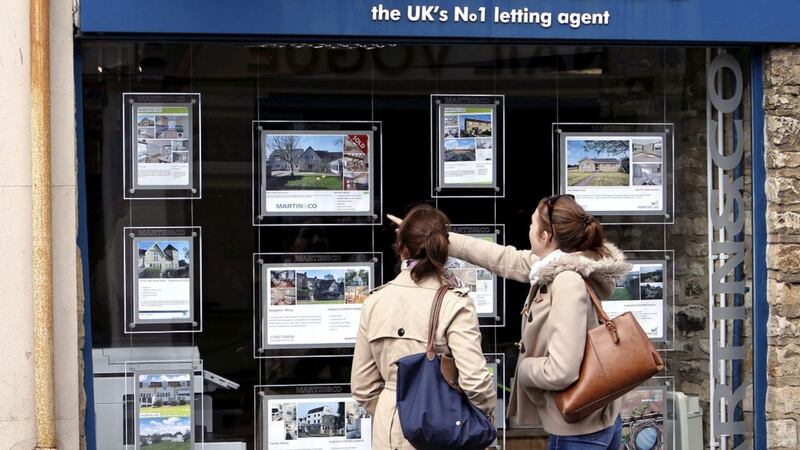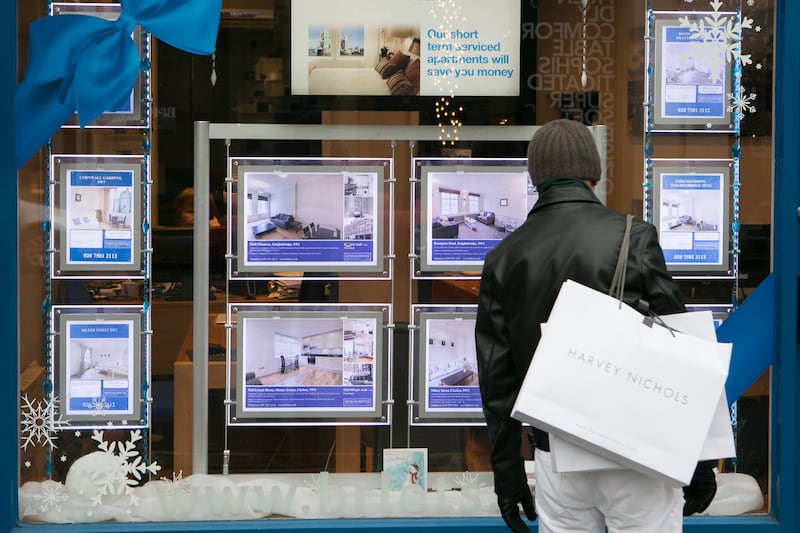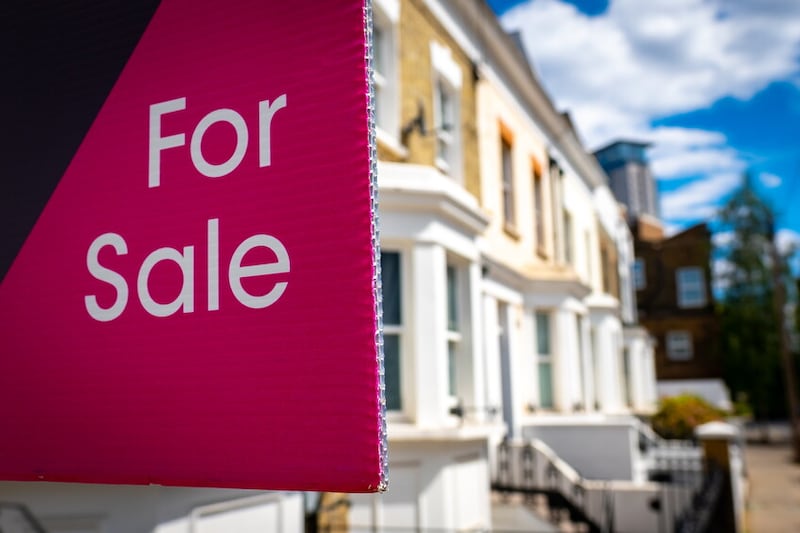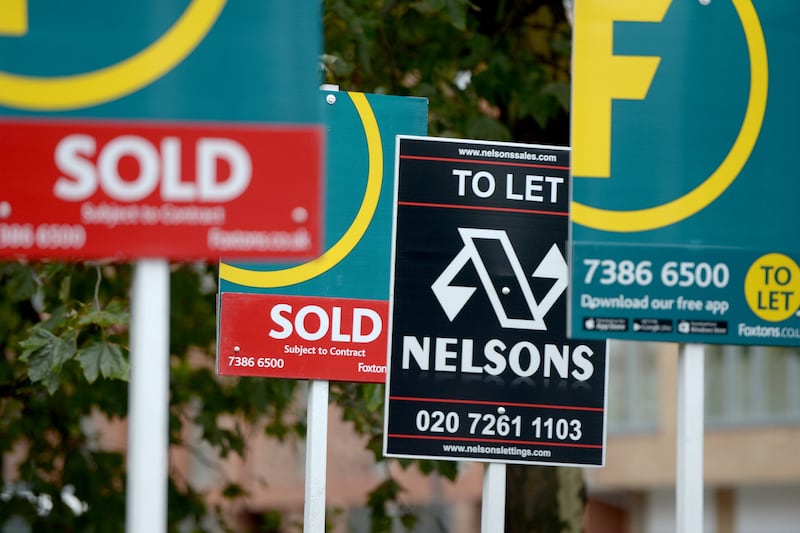THE UK housing market stalled at the end of 2017, with December showing the first monthly decline in six months as falling wages and Brexit fears weigh.
House prices fell 0.6 per cent month on month in December, following a 0.3 per cent increase in both October and November, according to Halifax.
This represents the first monthly fall since June 2017.
House prices were 2.7 per cent higher in the three months to December, a marked slowdown from the 3.9 per cent growth booked in November.
Russell Galley, managing director, Halifax Community Bank, said: "As we'd anticipated, the housing market in 2017 followed a similar pattern to the previous year.
"House price growth slowed, whilst building activity, completed sales and mortgage approvals for house purchase all remained flat.
"This has been driven by a squeeze on real wage growth and continuing uncertainty over the economy."
However, he added that this year house prices are likely to be supported by the ongoing shortage of properties for sale, low levels of housebuilding, high employment and a continuation of low interest rates.
The average house price stood at £225,021 at the end of 2017.
Overall, Halifax expects annual price growth to continue in the range of 0-3 per cent at the end of 2018.
Samuel Tombs, chief UK economist at Pantheon Macroeconomics, said: "Unlike the official, transaction-based data, Halifax's index is based on its mortgage offers, so it already will have captured the impact of the rise in borrowing costs.
"Looking ahead, the recent further decline in new buyer interest reported by RICS and NAEA, as well as the drop in consumer confidence, indicates that upward pressure on prices will remain modest.
"Furthermore, we remain concerned that new mortgage rates will rise further from the end of February, when new lending by banks no longer will generate borrowing allowances from the Term Funding Scheme."
Jonathan Samuels, CEO of the property lender Octane Capital, said: "As with the Nationwide last week, Halifax's verdict on 2017 is of a flat and uneventful year, restrained by economic uncertainty in the light of Brexit and consumer caution given the high cost of living.
"Few would argue with the Halifax's conclusion that UK price growth is likely to remain pedestrian at best during 2018.
"Low single digit growth is about as exciting as it's going to get, but in reality this is a positive for the market given the affordability crisis in many areas of the country. The market pausing for breath enables people to catch theirs."
Lee James Pendleton, founder director of independent estate agents James Pendleton, added: “Even in the winter month of December, the UK housing market failed to suffer frostbite but prices did continue to gently chill.
“Anyone hoping for a Santa Rally thanks to the Chancellor’s Stamp Duty exemption for first time buyers will have been disappointed.
“In fact, instead of positive pressure on prices, the opposite is happening for those homes priced at just over £500,000 as vendors are forced to follow the crowd below the threshold where they are picking up their tax break.
“For those able to capitalise it was an early Christmas present that looks set to keep on giving throughout 2018.”








